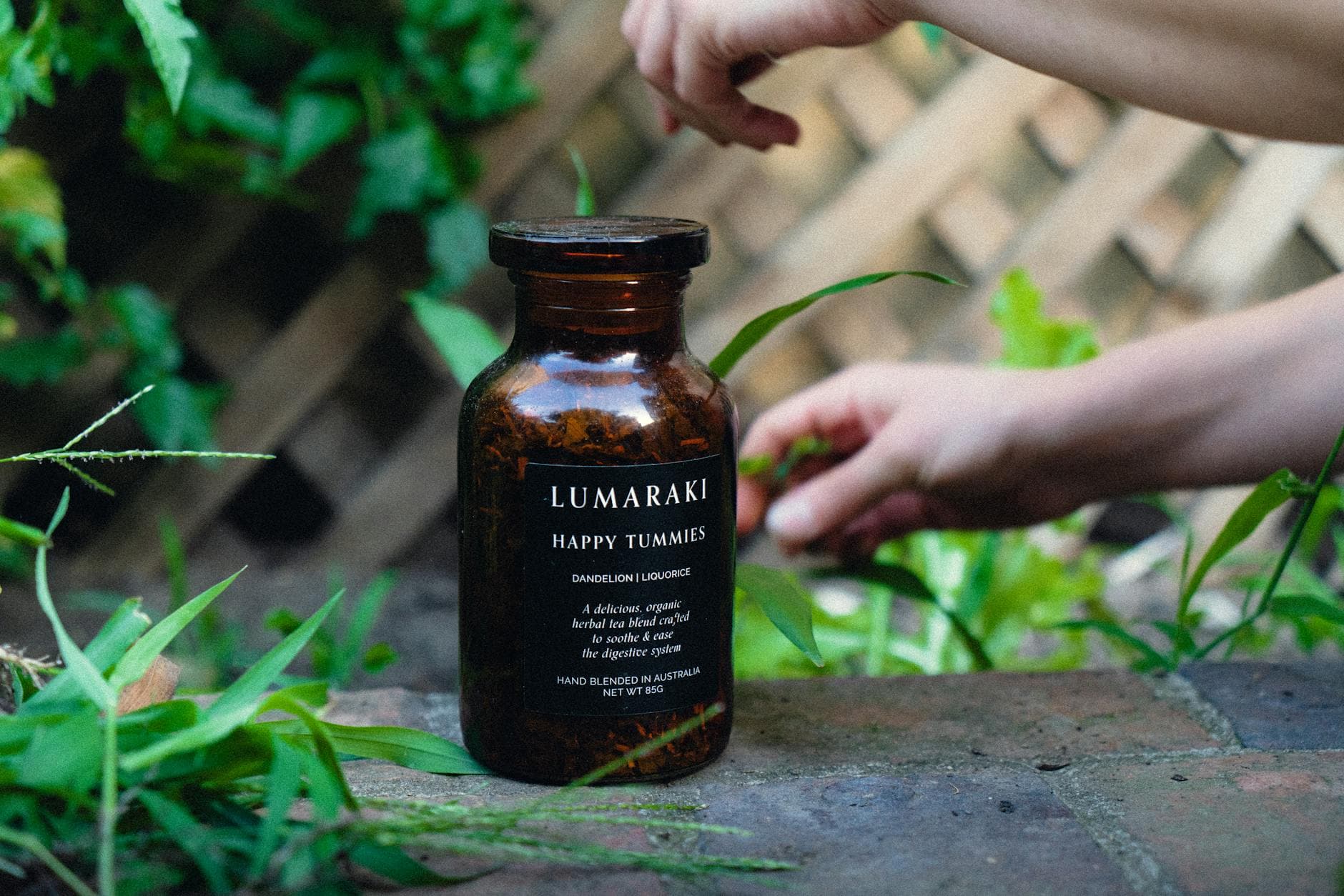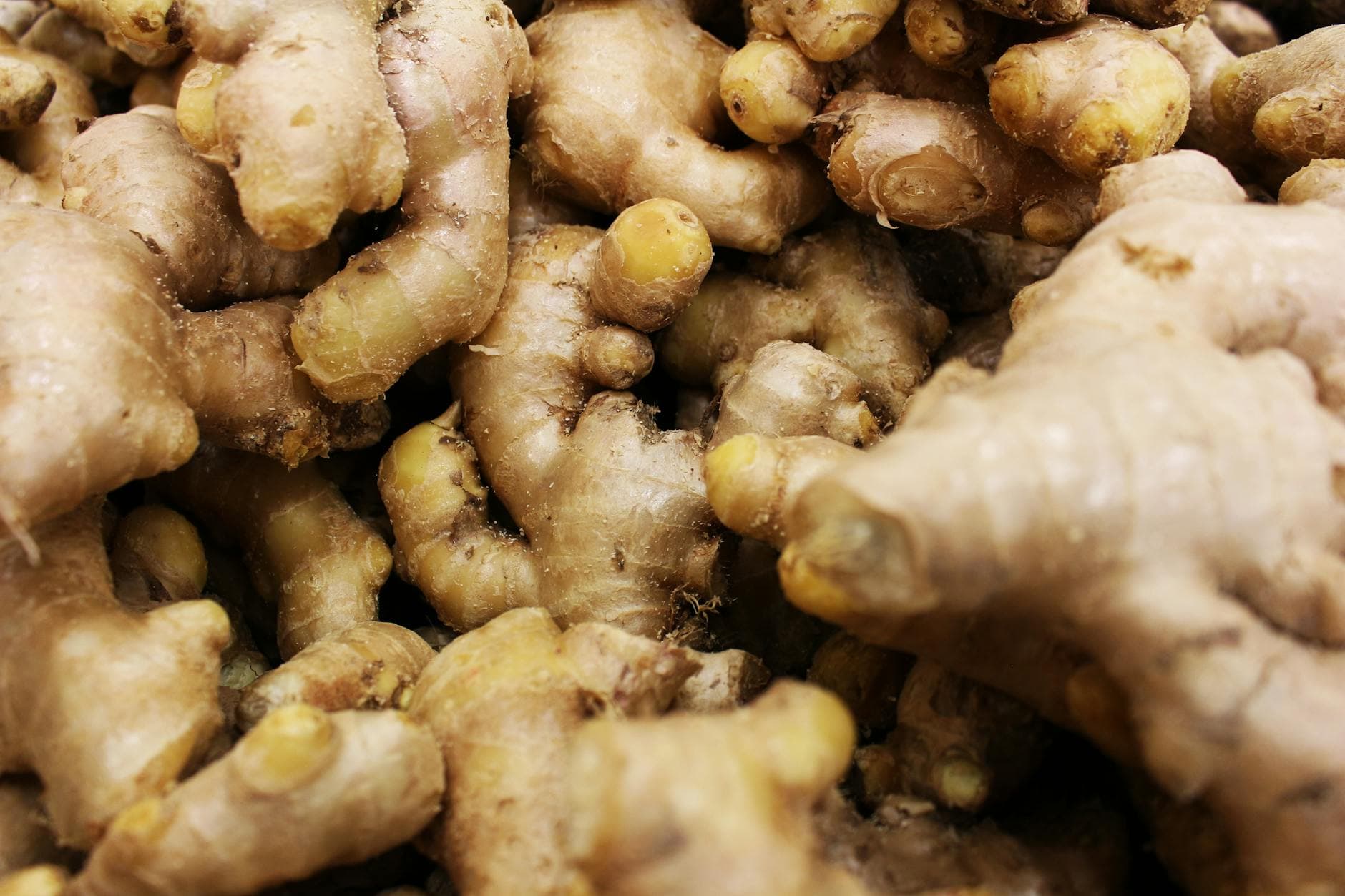Tinnitus, often described as a ringing, buzzing, hissing, or roaring sound in one or both ears, affects millions worldwide. While not a disease itself, it's a symptom of an underlying condition and can significantly impact quality of life, affecting sleep, concentration, and emotional well-being. For many, conventional treatments offer limited relief, leading a growing number to explore natural and herbal approaches for managing this persistent auditory phantom. Healbal is dedicated to providing evidence-informed insights into herbal remedies, and this article will delve into understanding tinnitus and practical, natural strategies to help quiet the noise.
Causes
Tinnitus can arise from various factors, often involving damage to the tiny hair cells in the inner ear that transmit sound to the brain. Understanding the potential causes can guide effective management strategies:
- Noise-Induced Hearing Loss: Exposure to loud noises, whether from occupational hazards, recreational activities, or sudden loud sounds, can damage the auditory hair cells, leading to tinnitus.
- Age-Related Hearing Loss (Presbycusis): As we age, hearing naturally declines, and tinnitus often accompanies this process.
- Earwax Blockage: An excessive buildup of earwax can irritate the eardrum and cause temporary tinnitus.
- Meniere's Disease: This inner ear disorder involves abnormal fluid pressure and can cause tinnitus along with vertigo and fluctuating hearing loss.
- Temporomandibular Joint (TMJ) Disorders: Problems with the jaw joint can sometimes manifest as tinnitus due to the close proximity of the joint to the auditory system.
- Head or Neck Injuries: Trauma to the head or neck can affect nerves, blood flow, or muscle function, potentially triggering tinnitus.
- Certain Medications (Ototoxic Drugs): A range of medications, including some antibiotics, anti-inflammatory drugs (NSAIDs like aspirin in high doses), diuretics, and antidepressants, can be ototoxic, causing or worsening tinnitus as a side effect.
- Vascular Disorders: Conditions like atherosclerosis (narrowing of arteries) or high blood pressure can alter blood flow near the ear, leading to pulsatile tinnitus (a rhythmic sound often matching one's heartbeat).
- Stress and Anxiety: While not a direct cause, psychological stress and anxiety can exacerbate tinnitus symptoms and make them more noticeable.
Symptoms
The primary symptom of tinnitus is perceiving sounds that aren't externally present. These sounds can vary greatly among individuals:
- Types of Sounds: Common descriptions include ringing, buzzing, humming, hissing, clicking, roaring, or whistling.
- Volume and Pitch: The perceived sound can range from a soft whisper to a loud roar, and its pitch can be low or high.
- Location: Tinnitus can occur in one ear (unilateral), both ears (bilateral), or seem to originate from within the head.
- Intermittence vs. Constancy: For some, tinnitus is intermittent, appearing and disappearing. For others, it's a constant presence.
- Impact on Daily Life: Beyond the sound itself, tinnitus can lead to secondary symptoms such as difficulty sleeping, problems concentrating, irritability, anxiety, and depression.
When to See a Doctor (Red Flags): While tinnitus is often benign, certain symptoms warrant immediate medical evaluation. Consult a healthcare professional if your tinnitus is sudden in onset, affects only one ear, is accompanied by sudden hearing loss, dizziness, severe pain, neurological symptoms (like facial weakness or numbness), or if you experience pulsatile tinnitus (a rhythmic sound that matches your heartbeat), as this could indicate a vascular issue.
Natural Remedies
Managing tinnitus often involves a multi-faceted approach, combining lifestyle adjustments with targeted natural support. These strategies aim to reduce the perception of tinnitus, alleviate associated stress, and support overall auditory health:
- Sound Therapy: Using external sounds to mask or distract from tinnitus can provide significant relief. Options include white noise machines, tinnitus maskers, ambient nature sounds, or even soft music. This helps to make the internal sound less noticeable and can improve sleep.
- Stress Management Techniques: Since stress and anxiety can worsen tinnitus, practices like mindfulness meditation, deep breathing exercises, yoga, and tai chi can be beneficial. These techniques promote relaxation and help shift focus away from the tinnitus.
- Dietary Adjustments: Certain dietary factors may exacerbate tinnitus for some individuals. Consider reducing or eliminating stimulants like caffeine and nicotine. Limiting high-sodium foods, processed sugars, and artificial sweeteners might also be helpful. Focus on a balanced diet rich in antioxidants, vitamins, and minerals to support overall health.
- Hearing Protection: Prevent further damage to your auditory system by wearing earplugs or earmuffs in noisy environments, such as concerts, sporting events, or when using power tools.
- Regular Physical Activity: Exercise improves circulation, reduces stress, and boosts overall well-being, all of which can indirectly help in managing tinnitus symptoms.
- Adequate Sleep Hygiene: Establishing a consistent sleep schedule and creating a conducive sleep environment can help mitigate the sleep disturbances often associated with tinnitus. Avoid screens before bed and ensure your bedroom is dark, quiet, and cool.
Herbal Treatments
Several herbs have been traditionally used and are being explored for their potential benefits in supporting auditory health and managing tinnitus symptoms. It's crucial to consult with a healthcare professional before starting any new herbal regimen, especially if you are pregnant, nursing, or taking other medications, due to potential interactions and contraindications.
- Ginkgo Biloba (Ginkgo biloba): This well-researched herb is known for its ability to improve blood circulation, particularly to the brain and inner ear. Enhanced blood flow may help nourish auditory cells and reduce tinnitus perception, especially in cases linked to vascular insufficiency. Ginkgo also possesses antioxidant and neuroprotective properties. Usage: Typically taken as an extract in capsule or liquid form. Common dosage ranges from 120-240 mg daily, divided into two or three doses. Cautions: May interact with blood-thinning medications (anticoagulants, antiplatelets), increasing the risk of bleeding.
- Melatonin: While technically a hormone, melatonin supplements are often used for sleep disturbances. For individuals whose tinnitus significantly disrupts sleep, melatonin can help regulate sleep cycles, indirectly improving the perception of tinnitus during waking hours by reducing fatigue and irritability. Usage: Typically 1-3 mg taken 30-60 minutes before bedtime. Cautions: May cause drowsiness; interact with blood pressure medications, anticoagulants, and immunosuppressants.
- Valerian Root (Valeriana officinalis): Valerian is renowned for its calming and sedative properties, making it useful for reducing anxiety and improving sleep quality often affected by tinnitus. It doesn't directly treat tinnitus but helps manage its psychological impact. Usage: Often consumed as a tea (1-2 grams of dried root steeped in hot water), tincture, or capsule (300-600 mg before bed). Cautions: May cause drowsiness; avoid combining with alcohol or other sedatives. Not recommended during pregnancy or lactation.
- Lemon Balm (Melissa officinalis): This herb is known for its gentle nervine properties, helping to soothe anxiety, promote relaxation, and improve sleep. It can be particularly helpful for stress-related tinnitus or when the ringing causes significant distress. Usage: Commonly used as a tea (1.5-4.5 grams of dried herb per cup), tincture, or essential oil (for aromatherapy). Cautions: Generally well-tolerated, but may interact with thyroid medications or sedatives.
- Passionflower (Passiflora incarnata): Similar to valerian and lemon balm, passionflower is a mild sedative and anxiolytic. It can help calm the nervous system, reducing the stress and agitation associated with persistent tinnitus, thereby making the symptoms less bothersome. Usage: Available as tea, tincture, or capsule. Cautions: May cause drowsiness; avoid with sedatives or during pregnancy/lactation.
- Hawthorn (Crataegus monogyna/oxyacantha): While primarily known for its cardiovascular benefits, hawthorn can support healthy circulation, which might indirectly benefit individuals with tinnitus related to poor blood flow. Usage: Often taken as a tea, tincture, or capsule. Cautions: May interact with heart medications (beta-blockers, calcium channel blockers, digoxin) and blood pressure medications.
Prevention
While not all forms of tinnitus are preventable, many cases, especially those related to noise exposure, can be avoided or mitigated through proactive measures:
- Protect Your Hearing: The most critical step. Use earplugs or earmuffs when exposed to loud noise from machinery, power tools, loud music, or recreational activities like hunting.
- Manage Blood Pressure: High blood pressure can contribute to tinnitus. Regular monitoring and managing hypertension through diet, exercise, and medication (if prescribed) are important.
- Avoid Ototoxic Medications: If you are prescribed medications known to cause tinnitus, discuss alternatives or monitoring strategies with your doctor.
- Limit Stimulants: Reduce intake of caffeine, nicotine, and excessive alcohol, as these can affect blood flow and nervous system activity, potentially worsening tinnitus.
- Stay Hydrated: Proper hydration supports overall bodily functions, including those of the inner ear.
- Manage Stress Effectively: Chronic stress can exacerbate tinnitus. Incorporate stress-reduction techniques into your daily routine.
- Regular Ear Check-ups: Periodically have your ears checked for excessive earwax buildup, which can be easily removed by a professional.










